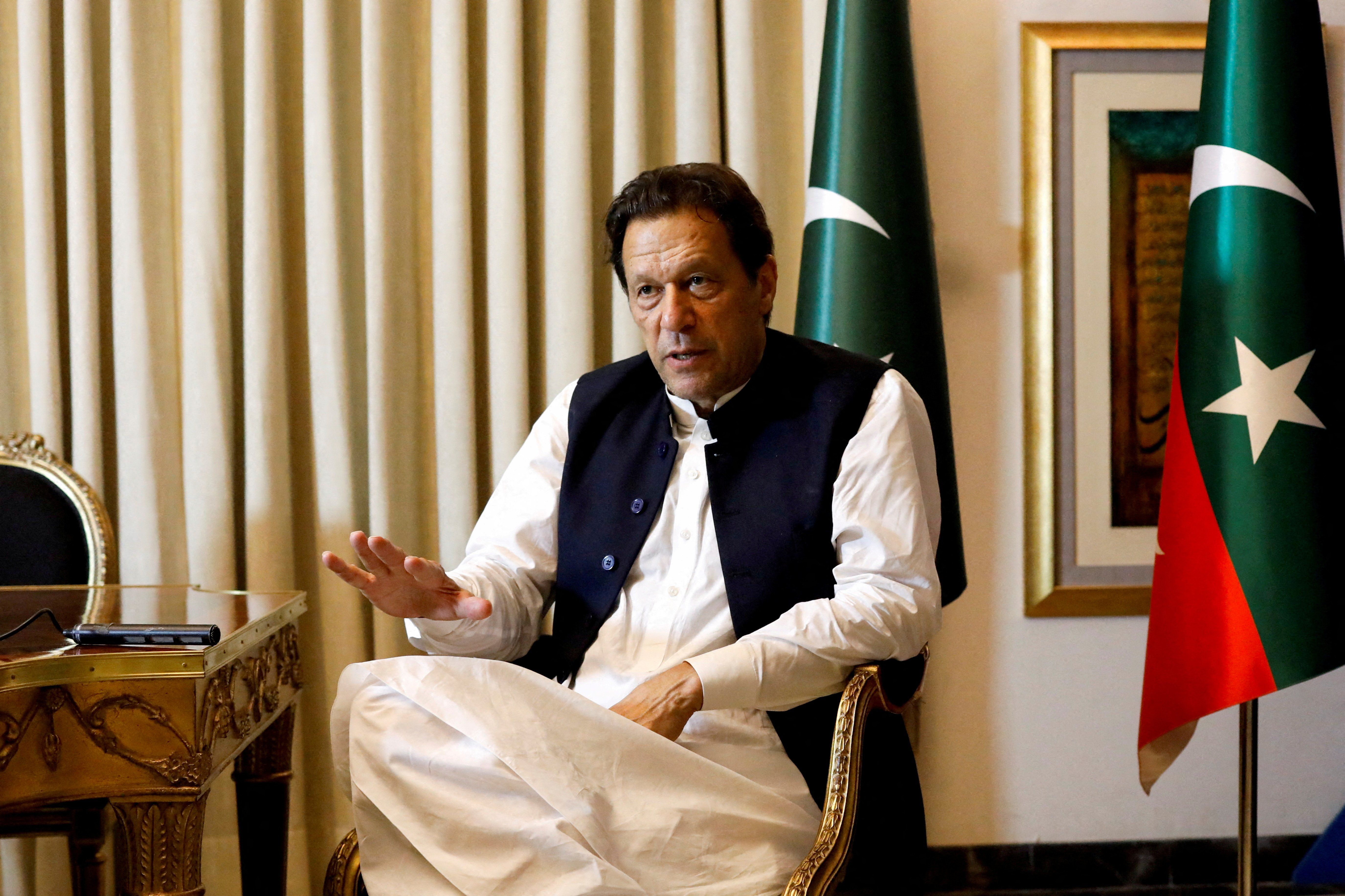August 09, 2023
Pakistan’s parliament has been officially dissolved, paving the way for fresh elections as the country grapples with deepening economic and political crises. The move, which was expected, comes just days after former PM Imran Khan was convicted of corruption in a trial that he and his supporters say was designed to kill his political career. He has been sentenced to three years.
Khan, a charismatic former cricket star, swept to power on a populist-Islamist platform in 2018 but was ousted in a no-confidence vote last year after clashing with Pakistan’s powerful military. Mass protests followed, some of which turned violent. Khan remains the country’s leading opposition figure.
By law, the new election must be held within 90 days, but the process of redistricting under a new census could push the date beyond that. If so, that could give beleaguered caretaker Prime Minister Shabbazz Sharif more time to use a recently concluded IMF deal to stabilize the spiraling economy, giving a boost to his PML-N Party at the polls.
But a delay like that would risk a surge of popular anger against a deeply unpopular government. The most recent polls, from April, showed Khan’s PTI Party with twice the support of the PML-N.
From Your Site Articles
More For You
- YouTube
Are we still talking. #PUPPETREGIME
Most Popular
Think you know what's going on around the world? Here's your chance to prove it.
As expected, the Supreme Court struck down the bulk of Donald Trump's sweeping “Liberation Day” tariffs as illegal … and almost nothing changed.
© 2025 GZERO Media. All Rights Reserved | A Eurasia Group media company.
